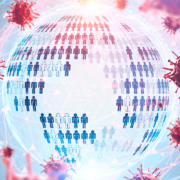Leaving No One Behind During Health Emergencies: Lessons from Mali
Mali, a landlocked country in the Sahel, has a centuries-old pastoralist culture. Although the number of herders has declined, over 85% of Mali’s citizens still own livestock. As such, zoonotic disease outbreaks—and the loss of life and economic instability they cause—are a clear and present danger. Unfortunately, Mali is underprepared for the next outbreak.
No One is Safe Unless Everyone is Safe
Since 2020, Breakthrough ACTION has worked with Mali’s National Center for Health Information, Education, and Communication (CNIECS), the Risk Communication Technical Working Group, the National One Health Platform, the Department of Public Health Emergency Operations at the National Institute of Public Health, the National Center for Animal Health, the Directorate of Social Development, the Directorate of Veterinary Services, and a diverse cross-section of civil society partners to strengthen Mali’s ability to respond to outbreaks. The project and its partners have focused on risk communication and community engagement (RCCE) activities before and during disease outbreaks and public health emergencies.
But as the COVID-19 pandemic made plain, no one is safe until everyone is safe. This means reaching those experiencing significant barriers to information, prevention, and treatment, such as people with disabilities.
Working With and Through Local Champions
Right from the start, Breakthrough ACTION partnered with organizations like the Malian Federation of People with Disabilities (Fédération Malienne des Personnes Handicapées; FEMAPH) to make RCCE initiatives more responsive to the unique challenges people with disabilities experience. As a national alliance of organizations representing people with a range of disabilities, FEMAPH’s partnership enabled the project to connect with a nationwide network of disability advocacy groups.
With Mali’s One Health platform, Breakthrough ACTION trained 94 members across four FEMAPH member associations to conduct effective interpersonal and peer education both within the disability community and more broadly on zoonotic diseases (e.g., anthrax, avian influenza, brucellosis, rabies), viral hemorrhagic fevers (such as Ebola), and COVID-19. The project worked with them to develop inclusive communication plans on these risks, and subsequently supported them in planning and implementing community dialogues to address them. These activities included 1,979 sessions for groups of people with disabilities. Activities reached 26,451 people between 2022 and 2024.
“The leaders of these associations live with disabilities themselves. They offer a key perspective on how emergencies might affect people with disabilities differently and what support these groups might need. Their leadership role in community activities also strengthens the visibility of those with disabilities within their broader communities, encouraging a mindset of inclusion and care for those with specific needs in an outbreak situation,” says Fary Diop, a program officer for Breakthrough ACTION Mali who supports its social inclusion activities.
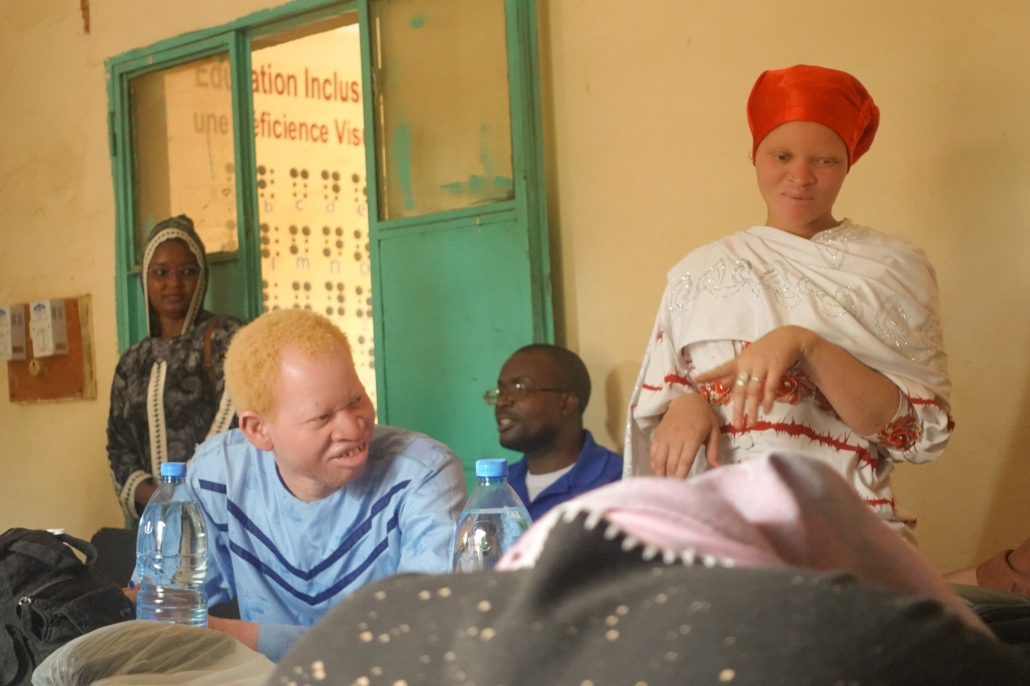
Training session about zoonotic diseases held at the headquarters of the Malian Union of the Blind. Photo by: Breakthrough ACTION Mali
In collaboration with FEMAPH and CNIECS, Breakthrough ACTION also produced health communication materials that are more accessible for people with disabilities. This included video spots about different zoonotic diseases with sign language for people with hearing impairments and providing written materials, such as vaccine factsheets, in braille for people with low or no vision. For the first time in Mali’s history, people with visual and hearing impairments have equal access to lifesaving health information about these diseases. Drissa Diarra, the Vice-President of the Malian Union of the Blind and RCCE trainer, noted his organization was able to raise awareness among 1,500 young blind people and their parents about zoonotic diseases and COVID-19. Also, 500 visually impaired individuals received copies of adapted materials; they now can share this information with their peers. “The first time I heard about zoonotic diseases, I had so many questions, I didn’t understand. Thanks to this effort, visually impaired people can become familiar with these risks.”
Children with disabilities are especially vulnerable during outbreaks and are at high risk for specific zoonotic diseases like rabies. Breakthrough ACTION trained 86 teachers from six schools for children with disabilities on the key facts about zoonotic diseases and the One Health approach. With their help, Breakthrough ACTION later launched a curriculum to raise awareness and encourage healthy behaviors to prevent these threats. Trained teachers have since implemented 428 lessons reaching 887 students. The students will go on to educate their peers and families and advocate for themselves.
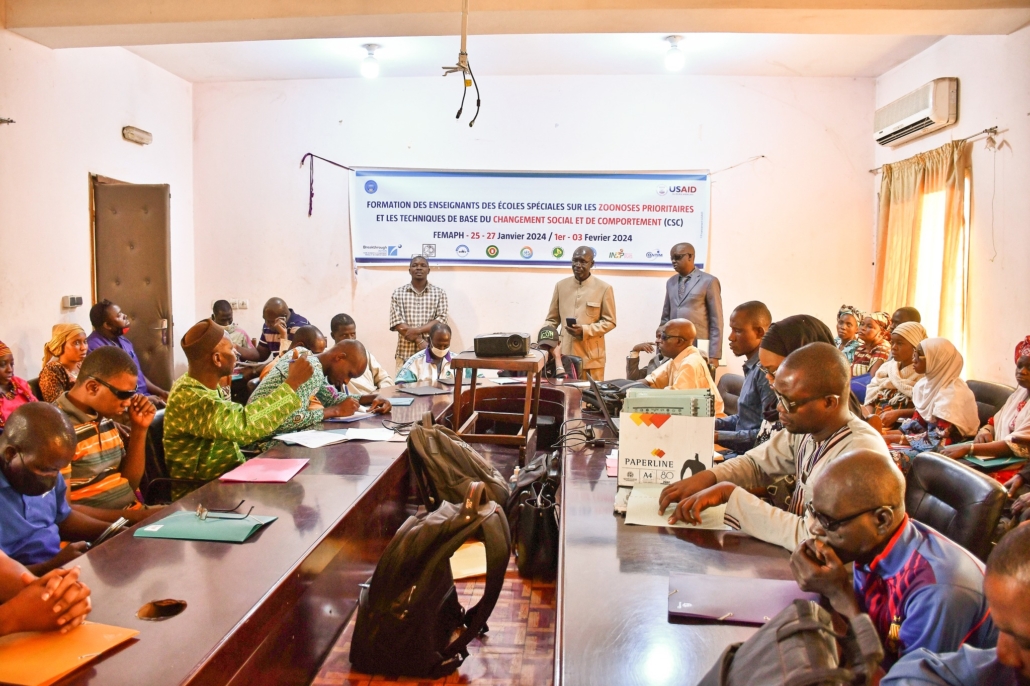
Teachers of six schools for children with disabilities learn about zoonotic disease prevention. Photo by: Breakthrough ACTION Mali
Preparation is Half the Battle
During a public emergency, people with disabilities are too easily forgotten. “To ensure a truly inclusive RCCE response, having partnerships with local leaders and networks in place is half the battle won,” says Aoua Konare, Chief of Party, Breakthrough ACTION Mali.
Breakthrough ACTION’s work has already helped set in motion a wider conversation about social inclusion amongst outbreak partners. The Government of Mali is increasingly integrating disability considerations in the design of communication materials. It invites all partners to consider the needs of people with disabilities.
“During the dengue fever epidemic, partners have expressed an interest in supporting increased production of braille materials. Others have drawn inspiration from the project to transcribe their spots or integrate inclusive, dignity-oriented language into their materials. This effort has been a much-needed catalyst and is only just beginning,” Konare adds.
“These efforts leave a legacy in ensuring that no one is left behind when it comes to lifesaving information,” says Youssouf Diakite, Relationship Manager, National Directorate of Social Protection and Economic Solidarity. “Today, if we are trying to educate people or start a dialogue with them, without taking into account how to meet their unique needs, the work is only half done. I’m thrilled that Breakthrough ACTION has chosen to advance inclusion.”
Written by: Meei Child, Communications Officer, Breakthrough ACTION

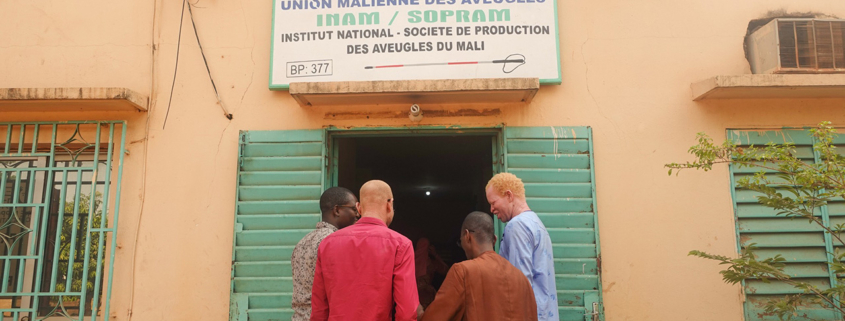 Breakthrough ACTION Mali
Breakthrough ACTION Mali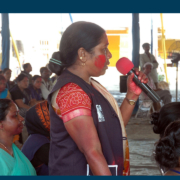 Gopal Bhattacharjee/Photoshare
Gopal Bhattacharjee/Photoshare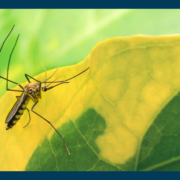 Poravute/Getty Images
Poravute/Getty Images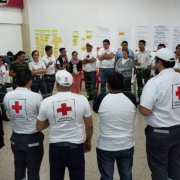 Sean Maloney/Breakthough ACTION
Sean Maloney/Breakthough ACTION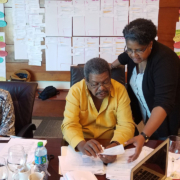 Anne Ballard Sara/Breakthrough ACTION
Anne Ballard Sara/Breakthrough ACTION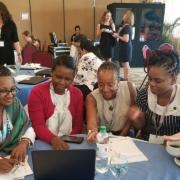 K4Health
K4Health